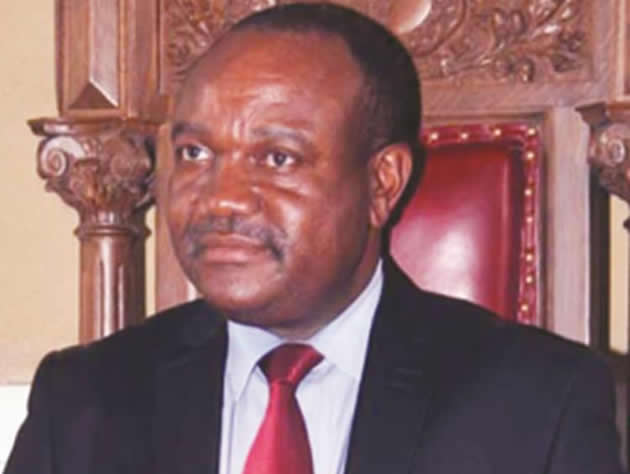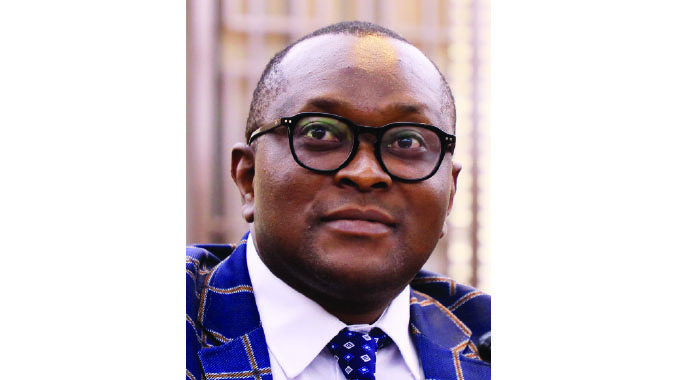Follow laws, Chinese traditional medicine agents urged

Lovemore Chikova in BOAO, China
CHINESE nationals selling traditional medicine from the Asian economic giant in other countries must observe laws governing their business, including subjecting themselves to certification, officials have said.
The Chinese officials were speaking at a symposium on Chinese traditional medicines held on the sidelines of the Boao Forum for Asian Annual Conference 2016 in Boao town, Hainan Island, last week.
The annual conference brings together countries from the Asian region to discuss ways of enhancing cooperation on the economic, social and political platforms.
Beijing Tong Ren Tang Chinese Medicine Ltd director and vice general manager Ms Ding Yongling said they were moving to have Chinese traditional medicine sold legally in various countries.
“The sale of Chinese traditional medicine in other countries must meet local demands and those selling it must abide by local laws of business,” she said.
“There must be readiness for certification of the medicine in other countries. In countries like Hong Kong, we have certification every two years and last year we passed the ISO 2001 certification and all this enables us to further consolidate our foot hold.”
The selling of Chinese traditional medicine is a big issue in Zimbabwe where debate always rages on its use and effectiveness.
This has resulted in the intervention by Government which recently set a raft of measures for those selling such traditional medicine.
It is now a requirement for all Chinese traditional medicine and other related medicines to go through the Medicines Control Authority of Zimbabwe for certification before they hit the streets.
Those who sell the medicine must be properly trained and should give accurate information on the medicines, including spelling out the side effects.
The traditional medicine must also be properly labelled, with all the necessary information on the container, while those selling the herbs were barred from door-to-door campaigns.
Chinese National Health and Family Planning Commission Vice Minister Professor Wang Guoqiang said the Chinese traditional medicines industry was growing rapidly.
“We have new laws with a series of measures adopted to promote the development of traditional Chinese medicine,” he said. The development of the medicine must be inclusive and benefit people in other countries.
“Traditional Chinese medicine has become a resource in many countries and it should meet the requirements of those countries. We will support countries to set up centres to promote key projects in the sector.”
Prof Wang said there was need for the Chinese to coordinate their efforts in the promotion of traditional Chinese medicine in other countries.
Sub-society for International Exchanges and Cooperation of China Society of Ethnic Medicines vice chairman Mr Xu Yicong said there was need for more innovation to internationalise traditional Chinese medicine.
“Traditional Chinese medicine is a brand which needs to be spread to other countries so that it is recognisable for bringing good health,” he said.
“The medicine needs to have its brand through working together with different parties. For innovation in traditional Chinese medicine, we need new ideas and be creative.”
China’s Ms Tu Youyou was last year awarded a Nobel Peace Prize for developing artemisinin from Chinese traditional medicine, a drug that has helped significantly reduce the mortality rates of malaria patients worldwide.
The Asian country takes its traditional medicine so seriously that it has set up a department called the State Administration of Traditional Chinese Medicine to draw up strategies, plans, policies and relevant standards.







Comments